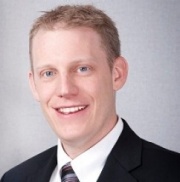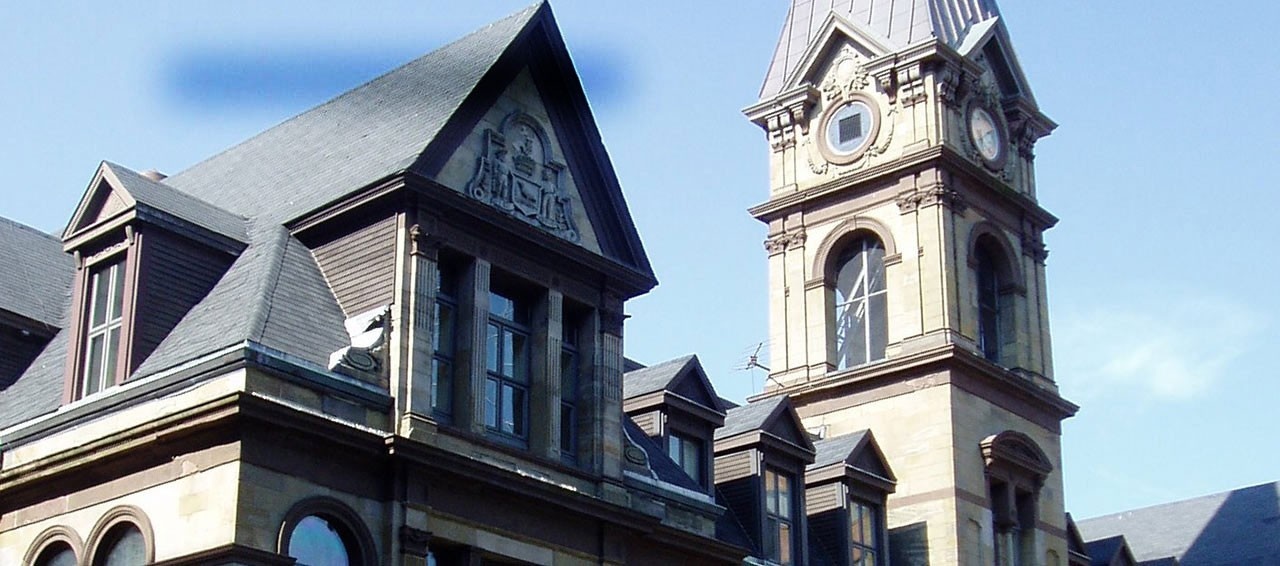David Brock
BA '00

At Dalhousie, professors—including those who hold named chairs—teach classes, not teaching assistants. This is increasingly unique in Canada and should be applauded.
David Brock’s family has been living in Gravenhurst, in the middle of Ontario’s cottage country, since the 1860s. But he had no hesitation about leaving for university on the East Coast.
“I was committed to attending Dalhousie two years before my arrival,” he says. “The age, tradition, and architecture of Dal drew me in. But it was also the opportunity to live in a province other than Ontario, the small class sizes in the program and the reputation for excellence.”
Choosing a major was also a quick decision once David set foot in Prof. Florian Bail’s first-year Introduction to Government and Politics course.
“The level of emphasis that Florian placed upon creativity and original thought caused me to explore Political Science, rather than History, as a major,” he says. “You only need to visit the department once to grasp a sense of the level of activity and intellectual exchange. Bulletin boards and professors’ doors are crowded with posters about seminars, visiting lecturers, fellowship opportunities, and planned courses, and the hallway and lounge are busy with conversation. The list of accomplished professors is inspiring. Office doors are always open, and they’re all approachable. This was an environment I wanted to join.”
David discovered the challenges of the program when he started thinking about getting accepted into the honours program. He needed to excel in a couple third-year courses which made him rethink how he wanted to approach his studies and what he wanted to do with the degree.
“Every student in those third-year courses was smart and worked hard,” he says. “I knew I had to be really sharp to make it. I started to develop a deeper appreciation for the scholar-practitioner in politics. It was the type of career path I was looking for, and it’s a model I’m still trying to emulate through combined intellectual inquiry and public service. My honours thesis, which examined the political institutions of Nunavut, helped motivate me to move to the Arctic a year later. I now have a decade of policy experience in the circumpolar region.”
After receiving his MA in Political Science, David worked in both Nunavut and Ottawa. Shortly after the official creation of Nunavut as a territory, he was an advisor in the Cabinet Office and then a consultant on intergovernmental relations. He also worked with the University of the Arctic, Inuit Tapiriit Kanatami, Nunavut Tunngavik, and Students on Ice.
In 2009 he moved to Northwest Territories where he worked as a strategic analyst for the territorial government. A year later he was appointed Chief Electoral Officer, responsible for the management of territorial general elections, by-elections, and plebiscites.
It’s a long way from his undergrad Political Science courses, but he still draws upon what he learned and fondly recalls his time in the classroom and out.
“I remember Florian Bail’s interdisciplinary mix of philosophy, literature, and music,” he says. “And Pizza Corner at 3:30 a.m. was just as important as any seminar. The university and city built such a strong sense of community that it made it difficult to leave after four years in my adopted home.”
